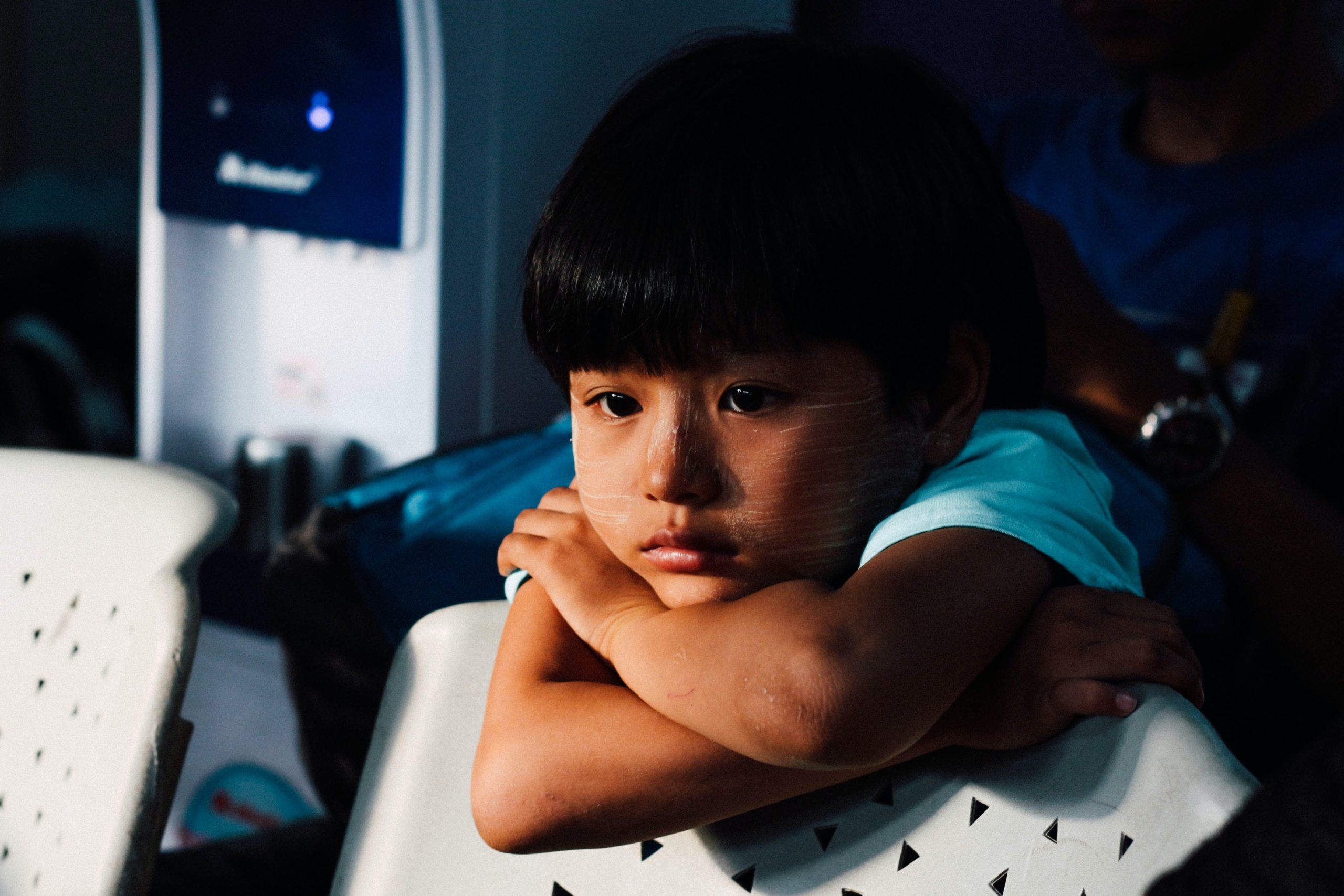Do you find yourself being your mom or dad’s go-to source of comfort when they are struggling with work or in their marriage? Have you always had a unique bond with one of your parents that resulted in you being their emotional confidant? Was taking care of your parent a burden that you felt unequipped for at such a young age?
If you answered ‘yes’ to any of those questions, you might be a victim of parentification.
What is Parentification?
Parentification is the broad term associated with role reversal between a child and a parent, when the child is involuntarily called upon as caretaker. This can appear in two different ways: As emotional parentification, when the child becomes a crutch for the parent’s anxieties, or as instrumental parentification, when the child is tasked with the duties associated with keeping a household running (i.e. cooking, cleaning, taking care of siblings, etc.)
Whether or not the parent was aware of the stringent burden he or she placed on you, it is a blatant violation of boundaries and needs to be halted in its tracks.
Carrying the Trauma into Adulthood
The impactful wounds that we experience in childhood can result in complex trauma. In fact, these wounds most often have long-term effects and require a devoted journey of self-discovery and recovery.
Here are some of the long-term detriments that parentification holds:
- You learn to repress your own needs and desires for the sake of the parent.
- You lose a grasp on your own core identity. You feel you have become nothing more than what your parent asks of you.
- You feel insufficient. Your parent’s constant dependence on you is never fulfilled and leaves you feeling like you will never be enough.
- You spend your life constantly people-pleasing, which leaves you feeling emotionally exhausted and unfulfilled.
- You can become a victim of depression as you carry the weight of the childhood you never truly experienced.
Survival Mechanisms for Parentification
Over time, many victims of parentification participate in unhealthy survival mechanisms. You might become the family comedian because you were never allowed to be vulnerable with others, so you hide behind humor. You might move away early in life to get under the grasp of your toxic parent, but you carried that trauma with you, and now it is embedded deeper still. You might have resorted to blaming yourself for what has become of you as a result of parentification. You may even go so far as to just cave in to the parent, becoming indebted to their every need and burden because you feel it’s easier that way.
Thankfully, there are healthy survival mechanisms for this traumatic childhood that will lead to long-lasting healing and growth:
- Tell your story free of shame. You have spent so long hiding your story and feeling like it is your fault for how you were treated as a child. Enough is enough; acknowledge the reality of the childhood you never had and validate how that has impacted you all the way into your adult life.
- Recognize that this is not your fault. Say it with me now: “This is not my fault.” Recognize that your parent(s) did not love you the way you needed, but now it is time to heal from these wounds.
- Work on setting boundaries with your toxic parent. This can be an arduous process, and your parent will likely be resistant for awhile. But boundaries are necessary in order to grow into the healthy adult you deserve to be.
- Apologize to your inner child. Let him or her know that you are committed to healing the trauma of the past and that you love who they are, despite it all.
- Employ the help of a mental health professional. Please reach out if you need help on your journey to happiness and freedom. You’ve been under your parents grasp for much too long, and you deserve to flourish independently.





